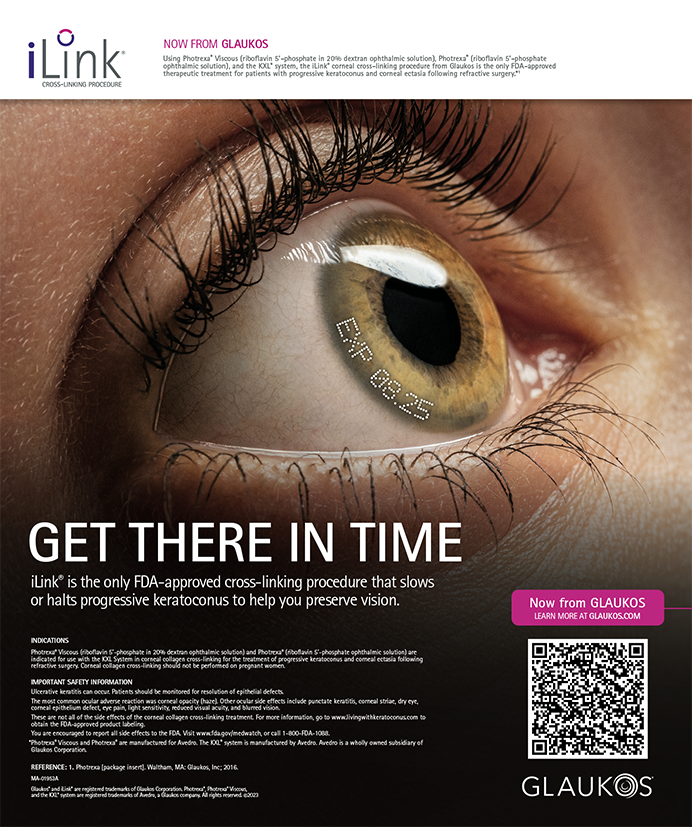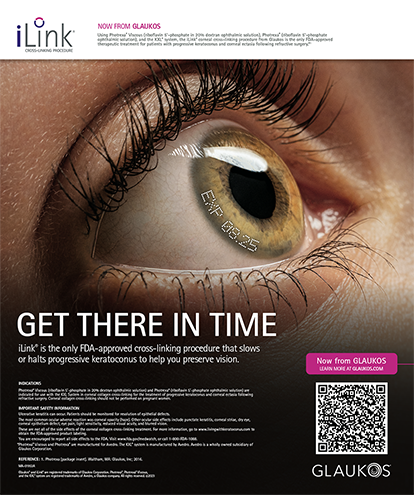I love computers and my smartphone, and I use Netflix wherever I go. I cannot imagine a world without computers, but electronic health records (EHRs)? If EHR systems actually improved physicians' workflow, I think most of us would be standing in line to become users. Unfortunately, nonhealth care providers mandated the use of EHRs, and the systems were designed by individuals who enjoy intricate puzzles. The medical record, which used to serve physicians, has become a Byzantine database that only in rare yet important instances will ever be looked at again. In the days of paper, I could hold a chart in my hands, see the patient's name, and almost osmotically recite his or her history without reading the contents. Today, I enter the room and introduce myself to the patient as if it were our first meeting only to embarrassedly realize, after I open the EHR, that I have seen the patient many times before. Somehow, the conversion to EHRs has wiped out my short-term memory. Perhaps this is because now I am effectively front-line data entry personnel and do not have the luxury of looking at my patients' faces for long.
If I were a solo practitioner, refractive-only surgeon, or fee-for-service provider, I would not purchase an EHR system. In my opinion, the systems are too expensive and too onerous, and they compromise the provider's ability to enhance patients' experiences. If the government were not threatening up to a 5% reduction in fees for not using EHRs or pressuring practices to be EHR compliant for fear of losing patients from third-party payers, I question how many practices would implement an EHR system. Because of these consequences, however, many physicians try to comply with what seems to be an increasing and nearly meaningless collection of data, clicks, and drop down menus to move a patient through what used to be a defined, logical, and meaningful data collection process.
TRIALS AND TRIBULATIONS
I am in a practice of 35 eye-only providers with eight clinics, eight optical shops, three surgery centers, three laser vision correction centers, and billing and administrative departments. In 2000, our practice digitized the back office billing, the front office scheduling, and the centralized call center. This project was a no-brainer. In contrast, it took a huge leap of faith for us to implement EHRs. We have invested enormous capital for servers, thin client terminals, screens and keyboards, software licensing agreements, and—importantly—never-ending staff training from top to bottom. No one in our practice is unaffected by the EHR system. We have three full-time information technology professionals in house. Two of them make sure our website, phones, fax machines, Internet, e-mail, and practice management systems function around the clock via our server system. The third employee builds, modifies, and alters templates so we can use our EHR system. This individual is also responsible for the timetables and planning for each successive phase of government-mandated transitions.
We built our templates from the ground up. I am not aware of any EHR software that is usable out of the-box and compliant with all current government-mandated utilization criteria (Physician Quality Reporting Initiative, Meaningful Use, etc), let alone what will be required in 6, 12, or 18 months. The landscape is continually changing, and so are the mandates. The penalties for noncompliance are financial at a minimum but also carry the possibility of not being a panel provider.
HIGHLIGHTS OF EHRs
The key positive attribute of an EHR system is providers' ability to access information from an off-site location at any time of day or night from a device with an Internet connection. Although the data are retrievable, some users say the process can be labyrinthine depending on the EHR system.
Electronic prescribing is convenient for patients, insurance companies appear to like it, and I do not have to write or sign paper prescriptions. Some physicians claim that pharmacies push generics more often, however, since the introduction of electronic prescribing.
I am under the impression that patient portals are not overwhelmingly popular among patients, but that may change. Like online access to banking or credit card company information, portals may hold some interest for certain patients in certain circumstances. Digitization permits the online booking of appointments through our website/patient portal, but this is more practice management software than an EHR function.
Along these lines, we have touch-of-button practice dashboard metrics to indicate the number of clinic visits on a given day and appointments kept or cancelled. Lastly, electronic billing, payment receipts, and accounts receivable management via the EHR and practice management software allow for more accurate and time-sensitive business management of the practice.
THE JURY IS STILL OUT
The introduction of EHRs has required a massive effort by everyone in our practice. We are not going to return to paper charts, even though the EHR system could be improved. A voice-activated and voice-recognition system for the physician and staff to highlight the pertinent positives and negatives of a patient's visit might be an advance, as long as the entry process is quick and accurate.
Are we practicing better medicine because of EHRs? I am not so sure. We can communicate with anyone with a keystroke, but the communiqués contain a large quantity of information that is not useful. A succinct letter of higher quality would be preferable.
The digital practice management software is invaluable. Dashboard metrics, outcomes data, business information, and metadata on patients at a keystroke are now the gold standard. Yet, the journey and the large expense continue, and practices considering adopting an EHR system have to be aware of this from the beginning.
It is still too early for us to tell if EHRs will improve our practice's efficiency. The system may end up just another expense. The analysis of the benefits of EHR system, like the implementation process itself, demands ongoing evaluation. n
John F. Doane, MD
• private practice with Discover Vision Centers, Kansas City, Missouri
• clinical assistant professor with the Department of Ophthalmology, Kansas University Medical Center, Kansas City, Kansas
• (816) 478-1230; jdoane@discovervision.com


